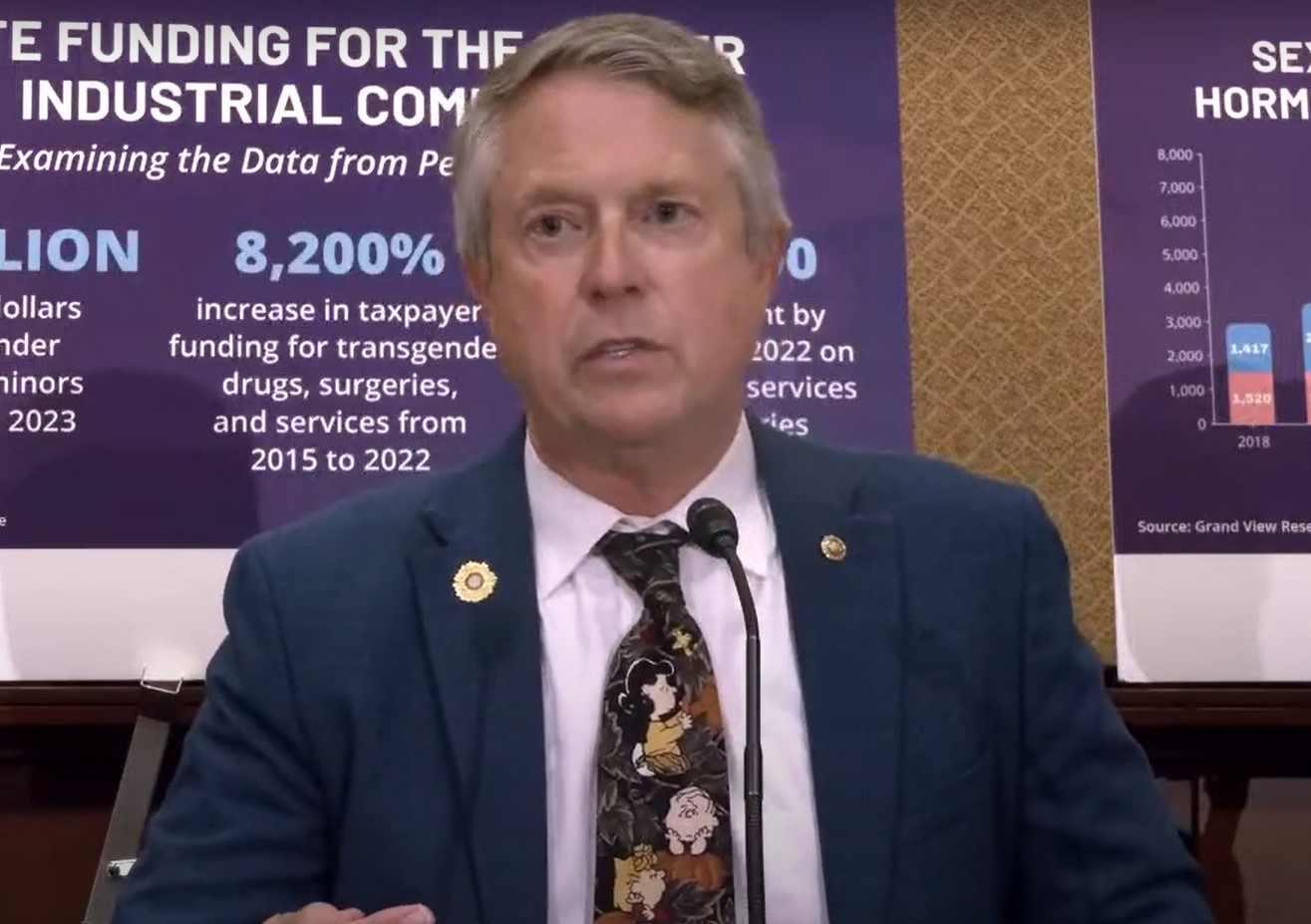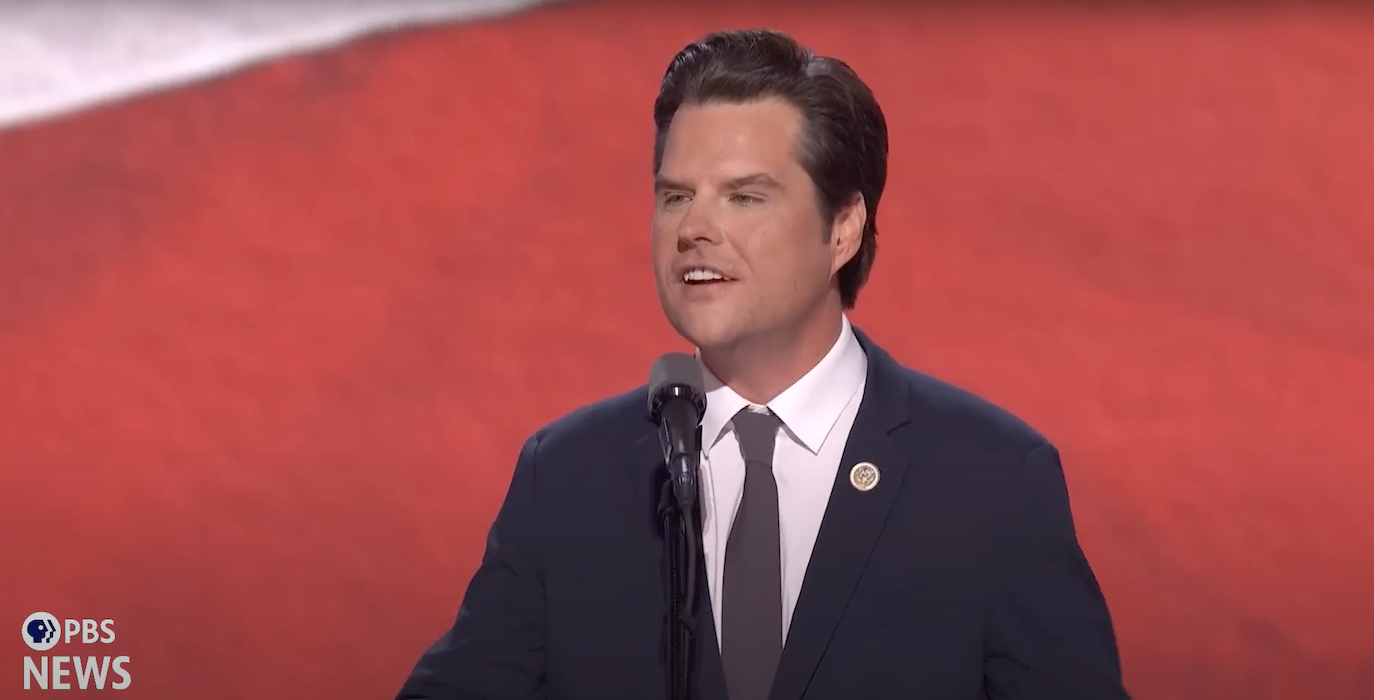Mark Lambert, a seasoned US diplomat, named head of China policy.
The United States on Friday appointed veteran diplomat Mark Lambert as its top official for China policy amid strained relations between the two countries over geopolitics and trade issues.
Mr. Lambert will be China coordinator and deputy assistant secretary of state for China and Taiwan, filling the post that had been vacated by Rick Waters in June, the State Department said on Sept. 29.
He will head the Office of China Coordination, which facilitates the department’s implementation of the Biden administration’s “invest, align, compete” strategy with the Chinese regime.
“It is a key component of the Secretary’s modernization agenda, which is focused on equipping the Department to meet the challenges and seize the opportunities of the decade ahead,” the department stated.
It noted that Mr. Lambert has “deep experience” working on issues related to China, “forging aligned policies with our allies and partners, and protecting the integrity of the international system.”
Mr. Lambert served twice at the U.S. embassy in Beijing and most recently held the position of deputy assistant secretary focused on Japan, Korea, Mongolia, Australia, New Zealand, and the Pacific Islands.
According to his biography, Mr. Lambert has experience in overseeing U.S. political military affairs with the Chinese Communist Party (CCP) and was involved in devising a strategy to release Chinese political prisoners and promote religious freedom.
His appointment comes at a time when the United States and China are at odds over Taiwan and trade issues. President Joe Biden has taken steps to restrict China’s access to sensitive U.S. technology while also seeking to keep communication channels open.
Several top U.S. cabinet members traveled to Beijing over the past few months, with the aim of laying the groundwork for a possible meeting later this year between Mr. Biden and Chinese leader Xi Jinping.
US-China Talks
On Sept. 28, Assistant Secretary of State for East Asian and Pacific Affairs Daniel Kritenbrink had “in-depth talks” with Chinese Vice Foreign Minister Sun Weidong on Asia-Pacific affairs.
During the meeting, Mr. Kritenbrink emphasized the importance of a “free and open, connected, prosperous, resilient, and secure Indo-Pacific region and upholding the rules-based international order.”
He reaffirmed the need to maintain peace across the Taiwan Strait, where the CCP has been escalating military drills to exert pressure on Taiwan, the self-ruled island that China claims as its own.
The Chinese Foreign Ministry stated that both sides agreed to maintain communication on Asia-Pacific affairs and Mr. Sun “expounded on China’s position on the Taiwan question.”
The CCP regards Taiwan as a renegade province that must be united with mainland China by any means necessary, even as Taiwan has been a self-governing democracy since the Chinese Civil War ended in 1949 and has never been controlled by the CCP.
Secretary of State Antony Blinken met Chinese deputy leader Han Zheng in New York on Sept. 18 and reaffirmed the willingness of the United States to use diplomacy in advancing its interests and resolving areas of difference.
“The world expects us to responsibly manage our relationship,” Mr. Blinken said in brief remarks at the beginning of his meeting with Mr. Han. “The United States is committed to doing just that.”
“From the perspective of the United States, face-to-face diplomacy is the best way to deal with areas where we disagree, and also the best way to explore areas of cooperation between us,” he continued.
Meanwhile, President Biden expects to meet with Mr. Xi at the Asia-Pacific Economic Cooperation summit in San Francisco in November. China’s top security agency has recently hinted that the prospect of any such meeting would depend on the United States “showing sufficient sincerity.”
Eva Fu and Reuters contributed to this report.
, and strategic competition. This approach aims to protect American interests, promote democratic values, and ensure a level playing field in economic competition with China. The administration also recognizes the need for cooperation on global challenges such as climate change, pandemic response, and non-proliferation of weapons of mass destruction.
Cure Indo-Pacific region” and called for increased cooperation between the United States and China on various regional issues, including the denuclearization of North Korea and the promotion of international maritime law.
The discussions between the two diplomats also covered recent developments in Taiwan, with Mr. Kritenbrink reaffirming the United States’ commitment to the island’s security and democracy. He urged China to refrain from any coercive actions and to engage in peaceful dialogue with Taiwan.
The appointment of Mark Lambert as the top official for China policy reflects the Biden administration’s commitment to addressing the complex challenges posed by China’s rise as a global power. With his deep experience and expertise in working on China-related issues, Mr. Lambert is well-positioned to navigate the complexities of the U.S.-China relationship and promote the Biden administration’s strategy of investing, aligning, and competing with China.
The United States is facing a range of challenges in its relations with China, including trade disputes, human rights concerns, and geopolitical tensions. The Biden administration seeks to address these issues through a comprehensive approach that combines diplomatic engagement, economic measures
" Conservative News Daily does not always share or support the views and opinions expressed here; they are just those of the writer."





Now loading...